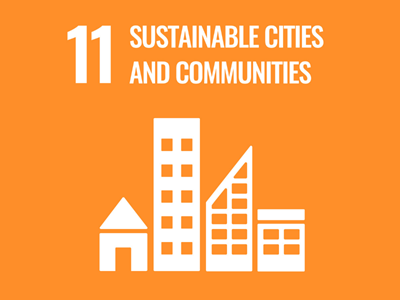About the Project
C-TECH - Climate Driven Technologies for Low Carbon Cities: A digital smart city platform for urban modelling and planning.
The C-Tech project aims to investigate, develop and validate at a pilot scale a digital platform of smart cities for urban modeling and planning, based on a three-dimensional representation of the city and its combination with several data from different sources (such as climate, energy and water consumption, mobility and above all, user behavior determined by the use of mobile phones). It will allow to simulate different scenarios of energy efficiency of buildings, creation of green structures and energy efficiency of urban mobility, empowering local authorities to identify and effectively address specific environmental issues in order to reduce their carbon footprint.
The accomplishment of these objectives is based on the execution of a work plan structured in 9 complementary activities, covering all stages of the product development cycle. The adopted research methodology relates industrial research to experimental development, ensuring continuous validation and integration of feedback.
Impact:
- Platform for urban modelling and planning (PUMP): based on the physical representation of the city;
- Dynamic Energy Consumption Building Model (DECB): simulation of building energy use and thermal needs for all the city, providing individual building resolution;
- Climate-based urban human powered comfort model (CBUPCM).








